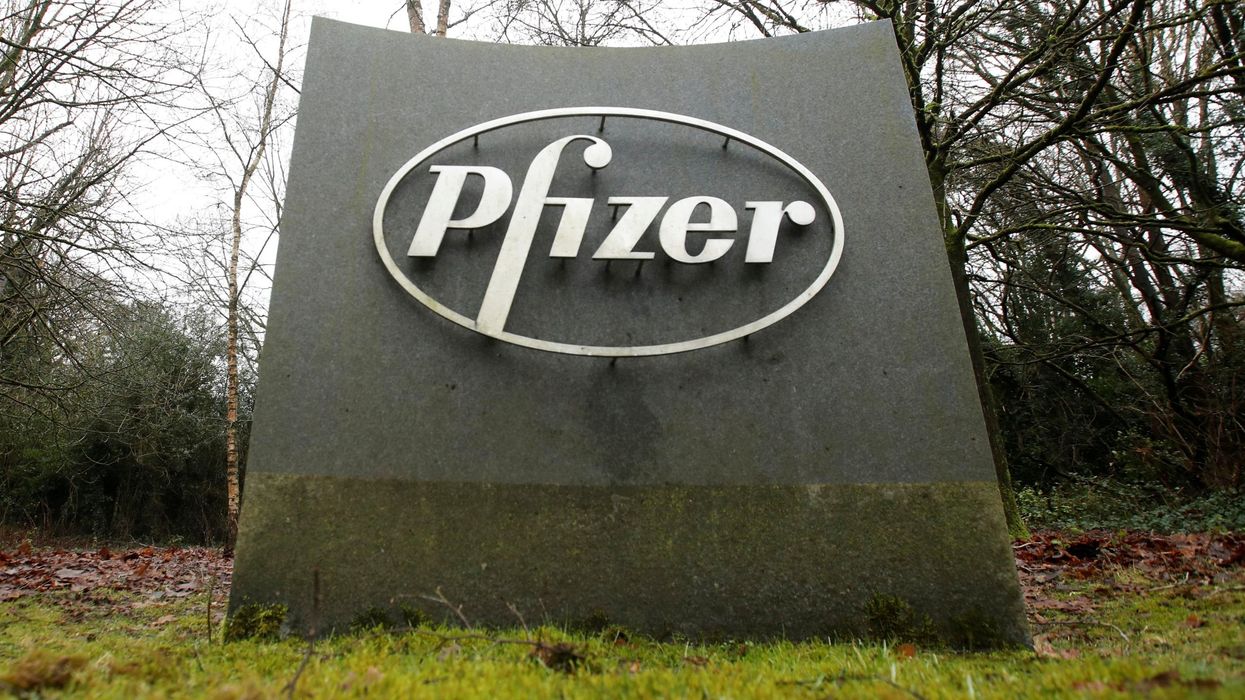By Gareth Jones
Government regulatory impact assessments rarely make gripping reading. They are lengthy documents that civil servants are required to produce to calculate the financial consequences of policy changes they are proposing.
An attempt is made predict the future actions of all those affected by a new policy – and invariably they manage to show that whatever policy the government is proposing makes financial sense.
Exciting, they are not! Important, they certainly are, for those trying to influence the direction of government policy. Because without a positive economic case, the government is unlikely to move forward.
The notorious pharmacy cuts programme over the past decade was based on an impact assessment that ascribed little to no value from the measured outcomes of the community pharmacy service.
Community pharmacy was seen as just a cost – a not something to invest in. To shift policy, and get the right investment in community pharmacy, we need to the economic evidence that shows the great value that we all know flows from community pharmacy interventions.
To change this, we are highlighting the crisis in pharmacy funding in the media - and the sector’s potential to do more. That’s a relentless public campaign, but we also need to do the hard work of convincing officials and their ministerial bosses that any investment is good value for money – and better value than the many alternatives.
In part this is offered by NHS England’s own Independent Economic Analysis, which demonstrates that the sector is underfunded by £2.6bn in this financial year. It is helpful in making the case for fair funding, but still runs up against challenges from the government that they simply can not afford to pay for the full cost of the service.
At the NPA we have held a number of meetings with key decision makers within HM Treasury – the government’s gatekeepers when it comes to releasing new funding.
What is clear to us from those discussions is that we need to show a positive financial return that could be measured in a government impact assessment. With this in mind, we recently turned to expert health economists at the University of York. We asked them to look at the return on investment for the taxpayer of medicines optimisation services delivered from community pharmacy.
Their findings are impressive. Starting with the New Medicines Service, the economists found that it already delivers £661m cost savings per year. There is scope within existing caps to deliver a further £371m - meaning that the NMS alone could save the NHS over £1bn per annum.
And this is before you consider the economic value of better patient outcomes (measured by health economists in terms of additional Quality Adjusted Life Years) which they valued at £2.3bn. Another core community pharmacy service – the Discharge Medication Service – could save almost 1 million hospital beds day every year.
They also scoped a new service for patients taking 10 or more medicines – and found the net savings to the system to be £620m. So just from three community pharmacy medicines optimisation services, we are already seeing a net benefit to the taxpayer of many billions of pounds. And the return is even greater when we look at the value of the core dispensing service or the additional return on investment of expanding community pharmacy’s role in prevention, urgent care and long-term disease management.
This new evidence provides the potential to completely transform the conversation with government.
It becomes a conversation about the net return from a service which they are more likely to see as “investible”.
You can rest assured that the NPA is already knocking on the doors of Westminster with the evidence that money put into community pharmacy is not only the right approach to deliver better patient care – but delivers a financial return to the NHS, taxpayer and wider economy too.
Gareth Jones is the National Pharmacy Association's (NPA) Director of External and Corporate Affairs












